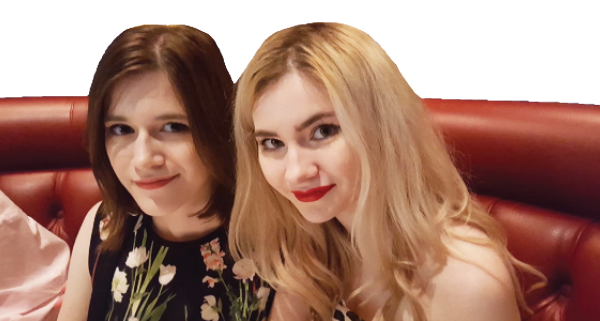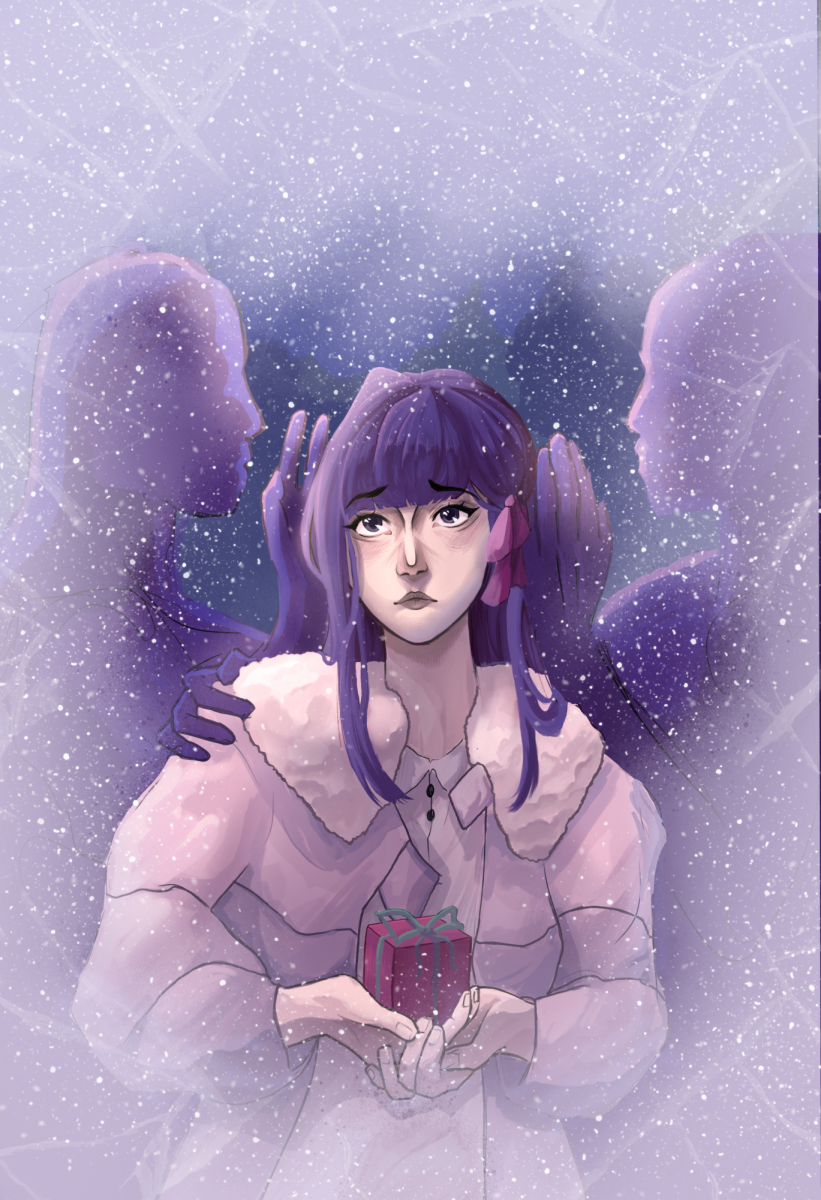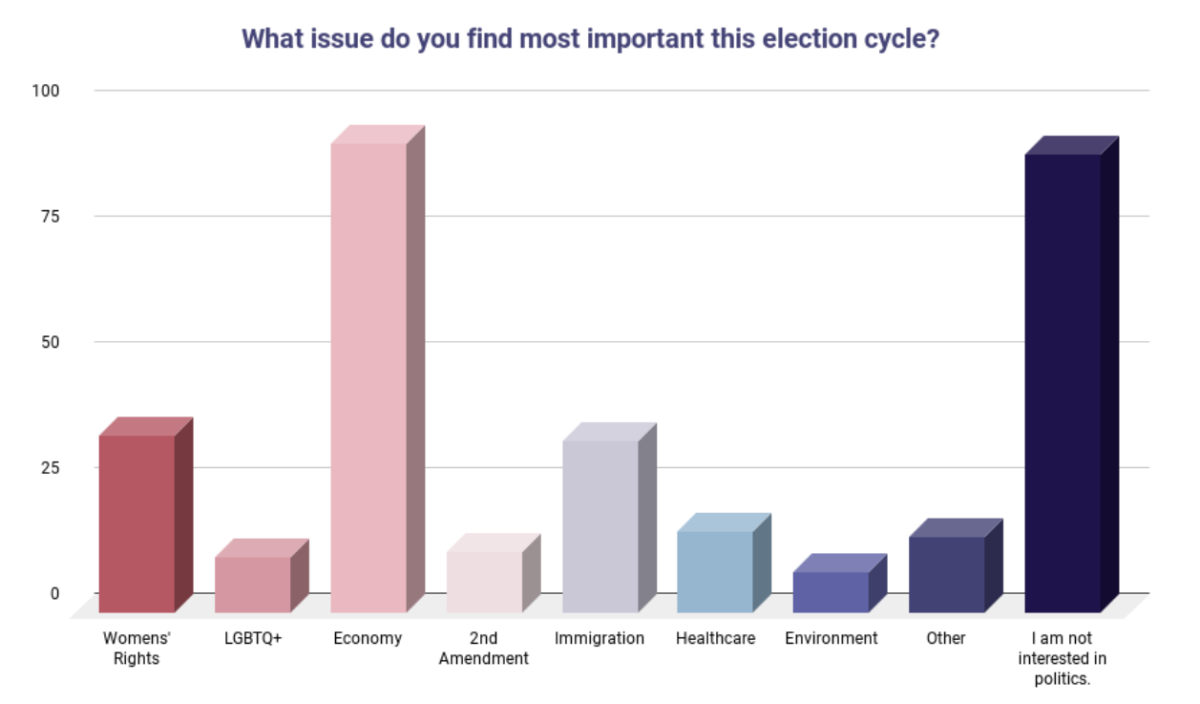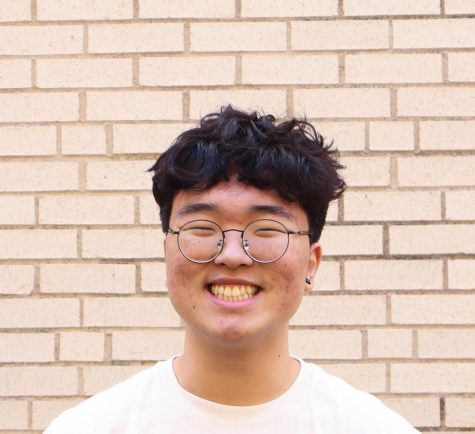Looking out the backseat window of her parent’s car, 2019 graduate Chloe White watched her father leaving the motel room. Tears rolled down the former Marine’s face as he walked back to their car, escorted by a Lewisville police officer.
Chloe had started college at SMU a few weeks earlier, and her parents had picked her up for her first weekend visit back home. After a family lunch at True Foods Kitchen in Dallas, Chloe felt strange. She wanted to check on her sister Natalie. Chloe and her mother texted and called her. No response, so they’d stopped off where Natalie was staying to check on her.
It was September 21, 2019. The day Chloe lost her best friend.
***
Ever since she moved out at 18, Natalie routinely cycled between staying at other friend’s houses, renting apartments, returning to her family’s home and now she was staying at a Lewisville motel. The entire time, Natalie slowly fell into consistently abusing drugs and alcohol, surrounded by friends who enabled her.
Chloe was in high school at the time. She was the editor-in-chief of the newspaper staff with a high GPA, a classic overachieving student.
But at home, she was trying to repair her relationship with her sister. Chloe was worried the drugs and alcohol could end up taking her sister’s life. She reached out to Natalie once in a while, just wanting to see how she was.
Quickly those check-ins became hostile. Natalie blocked Chloe on several social media accounts for long periods of time. At some point, Chloe felt like it was pointless to even try to reach out.
Chloe’s mind often returned to her fear of what could happen to Natalie.
“I did fine in high school but It was a lot more stress than anybody should have to deal with,” Chloe said. “I feel like a lot of times I had to be the more mature one or had to kind of fill in more like an adult role because I wanted to be there for her. But she’s my older sister. She should be there for me, and I know that she wanted to, but it was just really frustrating. And it’s a lot to deal with when you see somebody that you care about struggling.”
But the drugs didn’t change that Chloe loved her only sister. They spent their childhood playing video games and watching Youtube together. Together they argued, cried and laughed.
So when Chloe saw her father leave that motel room, she couldn’t believe the truth. Natalie, at 20 years old had overdosed. The drugs that Chloe had been so worried about had finally killed her sister.
The policeman. Chloe’s father in tears. Her panicking mother opening the car door. It all seemed out of a movie. But Chloe wasn’t the protagonist. She was the audience in the theater.
***
Nothing felt real and 11 days later when Chloe was at the funeral, when she made eye contact with Natalie’s friends that she’d known for years, still, it felt unreal.
Chloe even helped prepare for the funeral. She designed the pamphlets that were handed out to everyone and picked out the photos in the slideshow. But the idea that Natalie was gone, it didn’t make sense. She just spoke to Natalie the weekend she died. She heard her voice, her words, her quiet breathing over the phone. How could she be gone?
But Chloe accepted it, as much as she could, so she could stand up at the podium to deliver her speech.
Chloe shared that losing Natalie was like losing a part of herself. Her voice didn’t waver. She she’ll live the rest of her life for Natalie, because she didn’t get the chance to live the rest of her life. She’ll refuse to be quiet about the addiction that haunted Natalie.
Chloe finished the speech proud. Her social anxiety vanished as she talked about Natalie, as if she was there helping Chloe through it all.
“I almost felt like there was a part of her with me,” Chloe said. “I was able to speak in a way that I’ve never really spoken again in my life.”
Two teachers sat in the audience of Chloe’s speech that day. One of them was Carey Petkoff. She was Natalie’s high school speech and debate teacher years before and had Chloe in her government class.
Petkoff watched Chloe deliver her sincerely honest speech.
“In the Chloe-est way possible, she was really astute and eloquent,” Petkoff said. “And what she said was really meaningful, I was just really impressed by her ability to convey all of that in probably one of the hardest moments of her life.”
***
It’s been three years since Natalie’s funeral. Chloe’s now finishing her senior year at SMU as a film major and has begun including a message in each of her film projects that it was made in the memory of her sister.
“I think no matter what I do there’ll always be a part of her in that,” Chloe said. “It’s my way of processing things, putting her into things that I do in my life so she won’t be forgotten.”
Like Chloe’s interest in film, Natalie’s left behind bits and pieces of her life that still comfort Chloe. She has the memories they shared, but she also has a black and white tuxedo cat named Pumpkin.

“I feel like there is a part of Natalie in Pumpkin,” Chloe said. “We weren’t intending on getting a cat or anything, but my sister couldn’t take care of her and so we took her in and…now if anything ever happened to her, it would be a lot more difficult just because that’s not just our cat. It’s kind of a gift she didn’t even know she was giving us.”
Chloe can’t fully move on from Natalie’s death, at least not now. There’ll be days where she lives her life distracted from thinking about her sister. Then on other days, Chloe needs to tell herself that Natalie’s alive and living in California, not talking to her.
“You just learn to get through life and live with things,” Chloe said. “And I think there’s going to be a part of me that’s not going to fully process things…it’s what works.”
That’s now the message Chloe wants to share. After Natalie’s death, “Winning the Fight,” a non profit organization that offers drug education and support for youth and families, reached out to Chloe and her family. Since then, Chloe’s streamed on Twitch and donated proceeds to “Winning the Fight,” and has made YouTube videos speaking about Natalie.
“Winning the Fight,” also offered Chloe and her family the opportunity to attend grief support groups for families who’ve lost someone to drugs. Chloe knows how imperfect the grieving process is. She hasn’t fully processed everything relating to Natalie’s death but she knows that it helped her to hear others’ stories similar to hers.
It helped her to know she wasn’t alone.
“I think I’m so open about it myself because I want other people that may be going through something like this to know that they’re not alone,” Chloe said. “And maybe if I’m open about what happened to my sister, than somebody else might feel comfortable sharing their story.”










